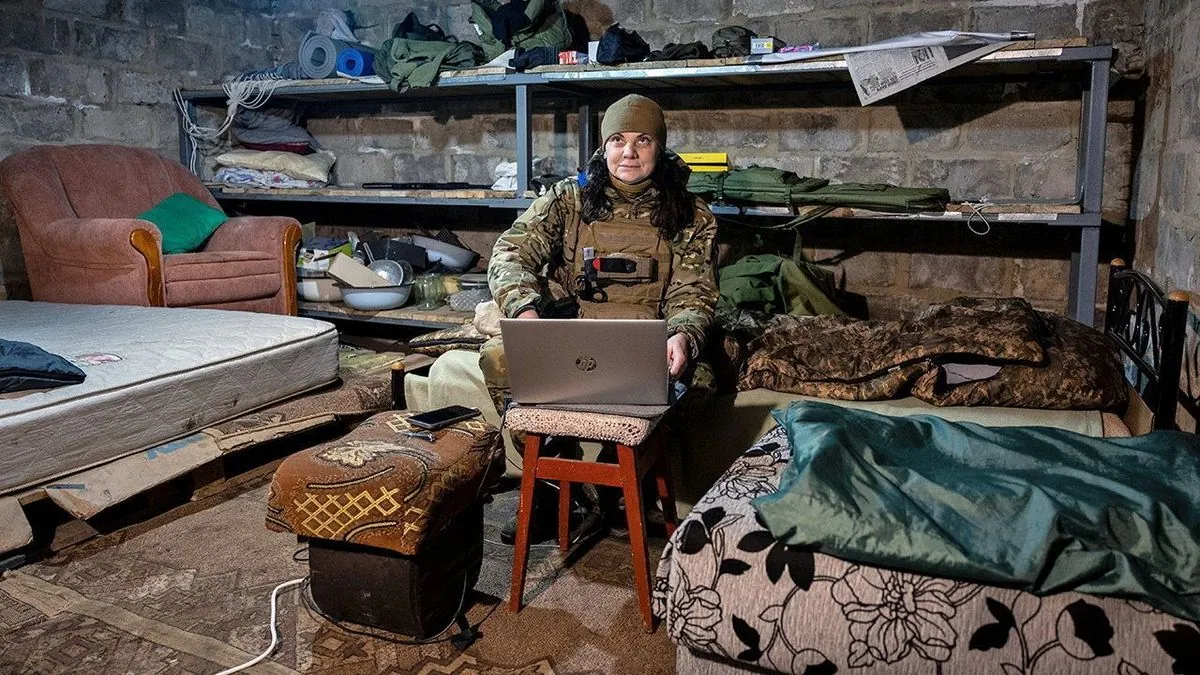Russian Military Hackers Exposed in Global Cyber Attack Campaign
UK and allies identify Russian military unit behind widespread cyber attacks on Ukraine and NATO. Six hackers charged in connection with WhisperGate campaign targeting governments and infrastructure.

Russian military hackers from Unit 29155, a specialized division of the GRU, have been identified as the perpetrators of extensive cyber attacks against Ukraine and NATO allies. This revelation comes from a joint announcement by the UK's National Cyber Security Centre (NCSC) and international partners, marking a significant development in the ongoing battle against cyber threats.
The cyber campaign, known as WhisperGate, involved large-scale espionage and sabotage efforts targeting governments and critical infrastructure worldwide. Six hackers have been implicated in these activities, which began as early as 2020. This marks the first public exposure of Unit 29155's involvement in malicious cyber operations by the UK.
Col Yuriy Denisov, the commanding officer of cyber operations for Unit 29155, along with four lieutenants - Vladislav Borovkov, Denis Denisenko, Dmitriy Goloshubov, Nikolay Korchagin - and civilian Amin Sitgal, have been charged by the US with conspiracy to commit computer intrusion and wire fraud.
Unit 29155, operating for at least a decade, has a notorious history. In 2018, it was linked to the Salisbury poisonings, where Novichok nerve agent was used against former GRU spy Sergei Skripal. This incident highlighted the unit's involvement in both cyber and physical operations.

The WhisperGate campaign, attributed to Russian military intelligence in May 2022, targeted Ukrainian government systems prior to Russia's full-scale invasion. The hackers allegedly aimed to sow concern among Ukrainian citizens regarding the safety of their government systems and personal data. Subsequently, the campaign expanded to target governments supporting Ukraine, including 24 NATO countries.
Paul Chichester, director of operations at the NCSC, emphasized the significance of exposing Unit 29155's cyber capabilities, stating:
"The exposure of Unit 29155 as a capable cyber actor illustrates the importance that Russian military intelligence places on using cyberspace to pursue its illegal war in Ukraine and other state priorities."
This revelation underscores the evolving nature of modern warfare, where cyber attacks have become a crucial component. The GRU, founded in 1918, has adapted its tactics to include sophisticated cyber operations, reflecting the growing importance of the digital domain in geopolitical conflicts.
The international community's response to these cyber threats highlights the collaborative effort to combat malicious activities in cyberspace. As cyber warfare continues to evolve, with the first documented attack occurring in 1988, nations are increasingly focusing on developing robust cyber defense capabilities.
This exposure of Russian military hackers comes at a time when concerns about election interference and critical infrastructure security are at the forefront of international discussions. The ongoing development of international law regarding cyber warfare, as exemplified by the Tallinn Manual, underscores the complex challenges faced in addressing these threats.
As the situation unfolds, the UK and its allies remain committed to exposing and countering Russian malicious cyber activities, emphasizing the importance of international cooperation in maintaining cybersecurity.


































